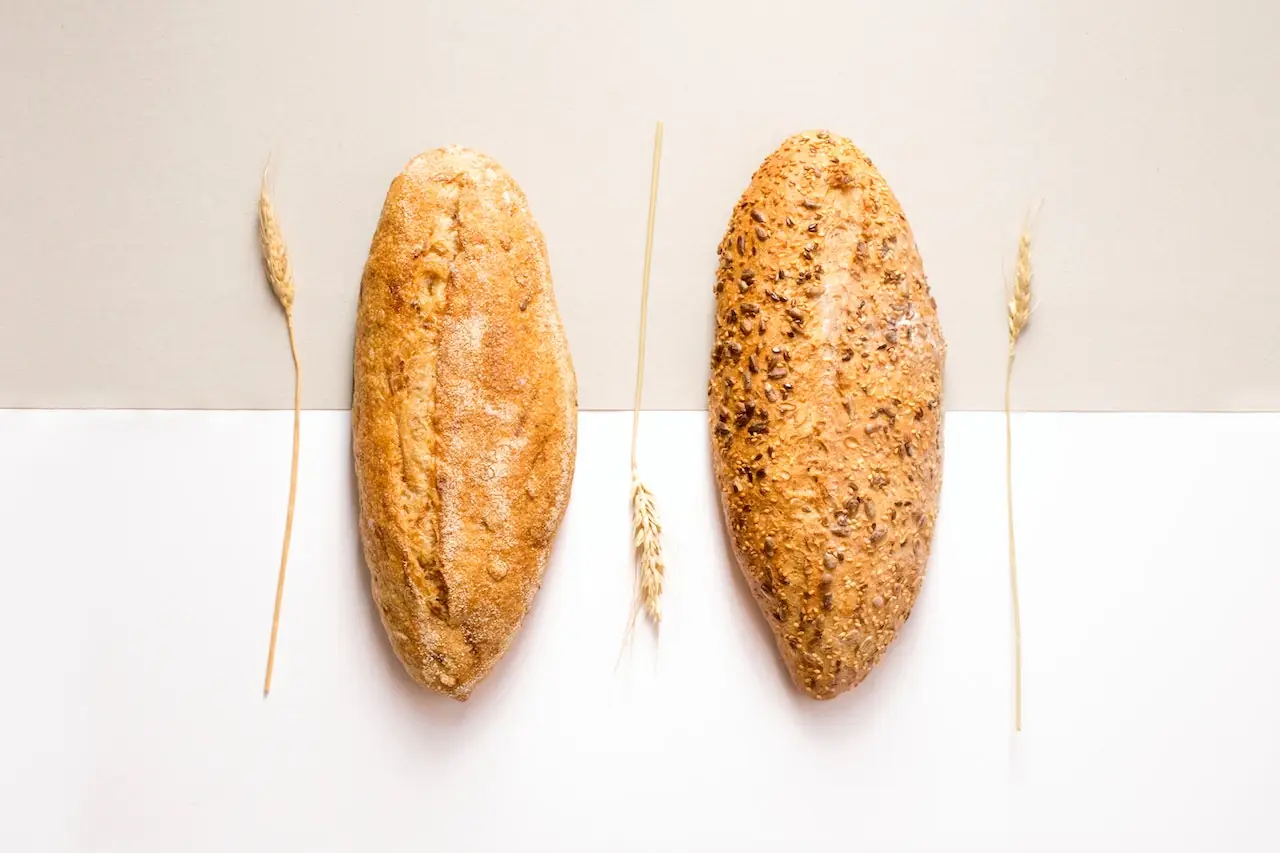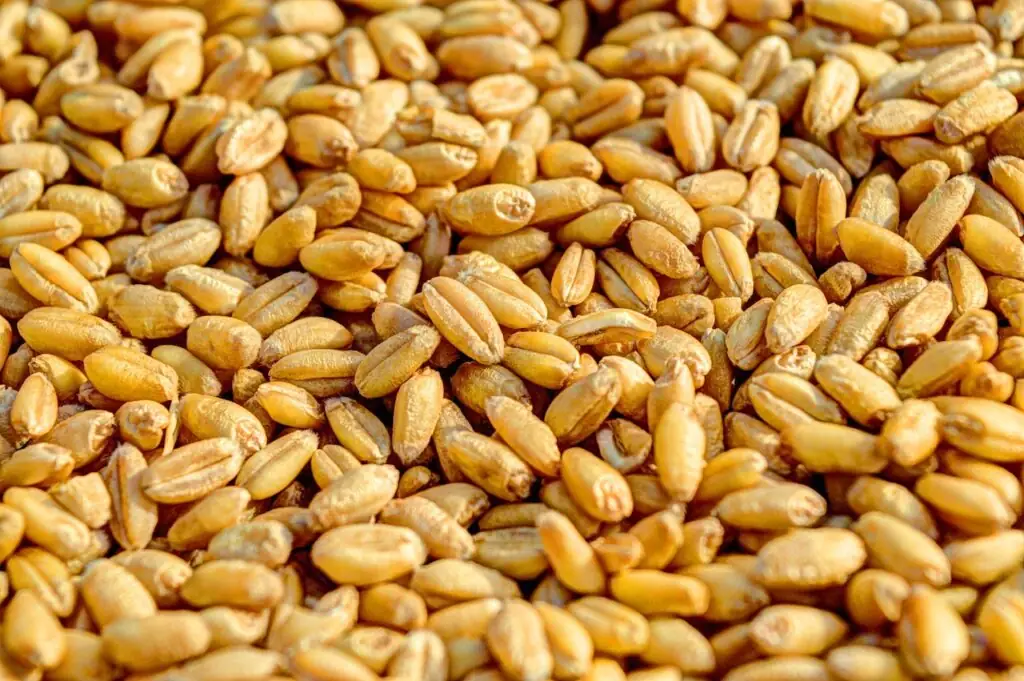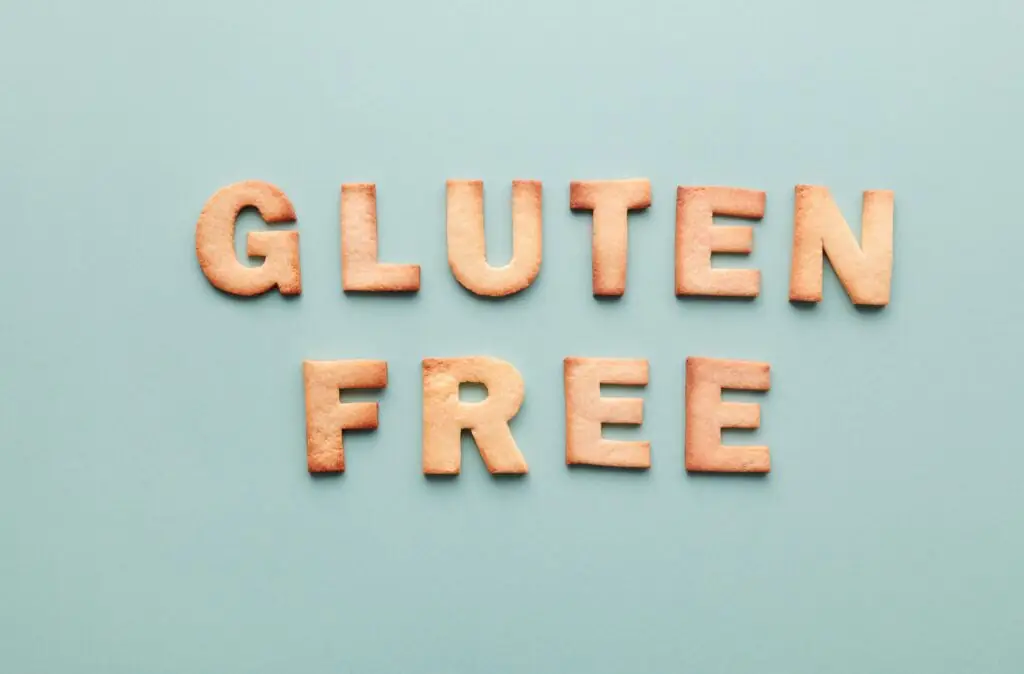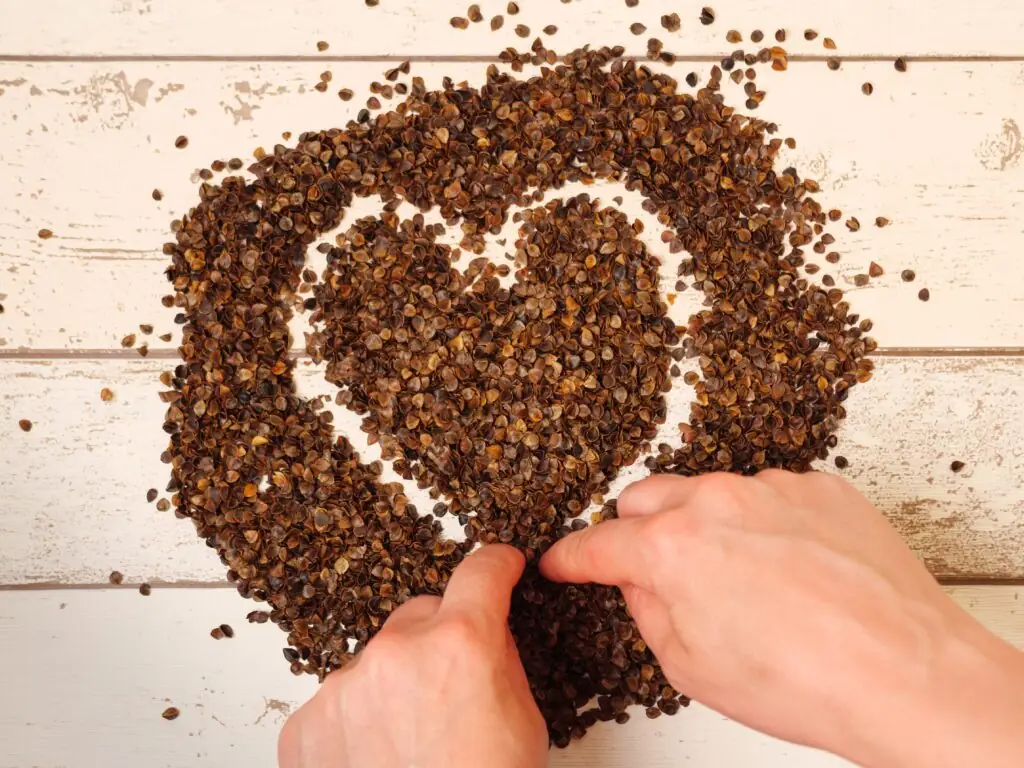Why Is Gluten So Bad for You? Reasons to Try a Gluten-Free Diet

It is highly likely that you personally know people who have excluded gluten from their diet. Why is gluten so bad for you if you have celiac disease or non-celiac gluten sensitivity? Should everyone totally avoid gluten? What are the pros and cons of going gluten-free?
Read on, and you will find the answers to all these and numerous other questions.
What Is Gluten?

Gluten is a collective term that describes a particular combination of proteins found in wheat, as well as in rye, and barley. What’s more, some oat cultivars, as well as a cross between wheat and rye called triticale, also contain gluten.
Due to its elastic and adhesive properties, gluten helps bread and other baked goods keep their shape. It is believed that an average Westerner consumes up to 20 grams of this protein per day. Pasta, hot dogs, apple pies, hamburgers, pizza, shawarma, bread, and buns — all these foods contain gluten.
Unfortunately, gluten proteins are rather difficult to digest. Incomplete digestion of gluten may trigger immune responses in some people and provoke several health conditions collectively known as gluten intolerance.
Does Gluten Affect Everyone: Gluten Intolerance
The umbrella term ‘gluten intolerance’ describes as many as three types of gluten-provoked conditions that noticeably differ in their prevalence rates:
- Celiac disease (also called ‘coeliac disease’ in Britain). Although, on average celiac disease affects up to 1% of people worldwide, those of Japanese, Chinese, and African origin very rarely suffer from it, while among the population of Europe and the United States, its prevalence rates might be as high as 1.2%.
- Allergy to wheat. Rather common among children, this condition is considerably less frequent in adults.
- Non-celiac gluten sensitivity (NCGS). It is the most widespread of all three conditions: some researchers believe that it might affect up to 13% of the world’s population.
So, is gluten unhealthy for everyone? No, it is not: a vast majority of the population can tolerate it perfectly well. After all, bread has been a staple food for thousands of years, and domestication of wheat is one of the main factors why humanity adopted civilization (i.e., life in cities).
Still, evolutionary speaking, our species started to eat wheat not very long ago. This is why there are millions of people worldwide who might experience serious health issues if their diet includes wheat proteins.
How Bad Is Gluten for You: Celiac Disease

Celiac disease is an autoimmune condition triggered by the consumption of gluten. When you consume foods which contain this protein, the immune system starts to produce antibodies that affect all your organs and systems. The small intestine, however, usually suffers the greatest amount of damage. The continual inflammation in the lining of the small intestine leads to such digestive symptoms as:
- chronic, persistent diarrhea
- bloating
- poor absorption of nutrients
- poor appetite
Children who suffer from celiac disease very often suffer from gastrointestinal symptoms and fail to grow normally.
In older people, this autoimmune disease might cause such conditions as chronic fatigue, dermatitis, osteoporosis, and neurological disorders, while gastrointestinal symptoms might not be especially pronounced. Selenium, calcium, copper, and zinc deficiencies, as well as anemia (lack of iron), are among the more common symptoms of this condition both in children and adults.
Statistics show that people who suffer from this disease are also more prone to such serious health conditions as Type 1 diabetes and chronic lymphocytic thyroiditis.
It is believed that celiac disease is caused by genetic factors. Intestinal biopsy and blood tests are the most reliable methods of diagnosing this condition. It needs to be said, however, that if a person with celiac disease already abstains from consuming gluten, it might be impossible to determine whether they have this condition or not.
So, how much gluten is bad for you if you suffer from celiac disease? The answer is you need to avoid gluten altogether: even small quantities of this protein are highly detrimental to your health. So, if you have been diagnosed with this condition, following a gluten-free diet is really the only option you have.
Why Is Gluten Not Good for You: Allergy to Wheat

Food allergies are common health conditions: while some people are allergic to nuts, shellfish, and soy, others suffer from an allergy to wheat. Although this condition is especially common among small children, most of them outgrow it by the time they are 10 years old.
A wheat allergy might be caused by either gluten or numerous other proteins found in wheat. If it is not gluten that causes a wheat allergy, a person should only avoid wheat in their diet and can freely enjoy such gluten-containing foods as rye and barley (which is good news for beer drinkers).
Symptoms of a wheat allergy usually appear within several hours after you have consumed food that contains wheat. They might include hives, rashes, swelling, nausea, vomiting, stomach bloating, and diarrhea. In very severe cases, this condition may also lead to anaphylaxis (an acute allergic reaction that leads to throat closing and/or tongue swelling, which can obstruct breathing).
It’s important to know that some people suffer from both celiac disease and a wheat allergy at the same time.
Blood tests are required to confirm the diagnosis of a wheat allergy. In some cases or skin, pricking might be enough.
Why You Shouldn’t Eat Gluten: Non-Celiac Gluten Sensitivity
In many people, tests for celiac disease and an allergy to wheat are negative, yet they still experience negative symptoms if they do not adhere to a gluten-free diet.

Signs that you might suffer from NCGS include:
- intestinal issues similar to those of celiac disease
- persistent fatigue
- frequent headaches
- skin rash or eczema
- chronic joint pain
- anxiety
- bad mood
- anemia
- numbness of hands and feet
- neurological disorders.
The only way to find out whether you have NCGS or not is to completely exclude gluten from your daily diet: even a very small piece of bread is out of the question. If your symptoms improve or completely disappear, then you indeed suffer from NCGS and should avoid gluten altogether. If they persist, you need to consult an experienced health practitioner who will be able to make a proper diagnosis.
How Long After Eating Gluten Does It Affect You?
If you suffer from celiac disease, here is what happens if you stop eating gluten altogether.
Damage to your small intestine and other organs will start to heal within several weeks: it might take up to several months for this process to complete in full. Antibodies in your blood start to decline noticeably over a period of several months. If you suffer from anemia or other deficiencies, it might also take several months to make them up.
Unfortunately, expectations that you will feel significantly better within several days or a few weeks are unrealistic. Patience is needed to see the results of a gluten-free diet. Still, if you do not feel better after a period of three months, a consultation with your doctor might be required.
Is Going Gluten Free Bad for You: Who Should Avoid Gluten

People who have been diagnosed with either celiac disease or a wheat allergy simply have no other choice: eating foods that contain gluten is downright dangerous for them. In cases like these, not sticking to a gluten-free diet would be a very bad decision indeed.
Is gluten really that bad for you if you don’t have celiac disease but suspect that you might have NCGS? The only way to be sure is to completely exclude gluten from your diet and see for yourself whether there are improvements in your condition. If the intensity of gastrointestinal and other symptoms decreases, then going gluten-free is the right choice.
Unfortunately, there are also some downsides to such a diet:
- Gluten-free products might be a heavier burden on your budget compared to regular products. For instance, while you can use buckwheat flour (which is totally free of gluten) for your pastries, it will cost you noticeably more than regular wheat flour.
- Gluten-free foods are often more difficult to buy. For instance, most fast food and street food vendors offer a very limited choice of such foods.
- On average, gluten-free diets do not offer much dietary fiber. As this compound is extremely important for your gut health, if you decide to adopt such a diet, make sure that you enrich your daily meals with foods that are high in fiber. Various kinds of beans, green peas, chickpeas, lentils, raw artichokes, avocados, prunes, and raspberries are famous for containing very large quantities of dietary fiber.
- Another important reason why you should not eat a gluten free diet if you do not suffer from gluten intolerance is that people who have foregone gluten often consume more fat and sugar. It is suspected that those who stick to a gluten-free diet can easily become overweight and even obese if they do not strictly control how much sugar and fat they are getting every day.
All in all, you should only go gluten-free if the benefits of a zero-gluten diet outweigh its downsides. Do not ditch gluten if your only reason to do so is to join a popular trend. Not only will this decision be expensive, it will require you to tightly control your daily amount of calories and dietary fiber as well.
Is Too Much Gluten Bad for You?
If you do not suffer from gluten intolerance, you can enjoy any (reasonable) quantities of gluten-containing foods you like. Your body will be able to metabolize this protein properly, and it will not be a source of inflammation. There is no such thing as too much gluten in your case.
On the other hand, if you have celiac disease or NCGS, even small quantities of gluten are very bad for your intestinal health. So, if you are sensitive to this protein, you need to avoid it completely.
All in all, there is no in-between: people who are not sensitive to this protein may eat it without limitations, while those who suffer from an oversensitivity should not consume it at all.
Why Else People Without Celiac Disease Might Choose a Gluten-Free Diet?
There is a promising hypothesis that avoiding gluten might help improve the symptoms of autoimmune conditions like rheumatoid arthritis. Still, researchers say that additional studies are needed to confirm this theory.
Some scientists also suspect that people who suffer from inflammatory bowel disease might also have a gluten intolerance.
In a 2018 review, researchers say that a gluten-free diet might potentially be beneficial for people with endometriosis, fibromyalgia, and chronic pelvic pain. Still, more studies are needed to have a clearer picture. What’s more, scientists warn that in patients who don’t have proven gluten-related conditions, gluten avoidance might result in adverse effects.
Lastly, it is believed that sticking to this diet might help you become more aware of the benefits of wholesome foods and significantly reduce your junk food consumption, which is a very good thing.
Are Gluten-Free Foods Good for You: A Conclusion

Now you know why is gluten so bad for you if you have celiac disease or non-celiac gluten sensitivity. This protein may lead to a serious autoimmune condition and intestinal inflammation.
Very often, however, the only way for you to find out whether a gluten-free diet is the right choice is to adhere to it for several months strictly. While doing so, make sure that you limit your fat and sugar intake from bad processed foods and get enough dietary fiber.